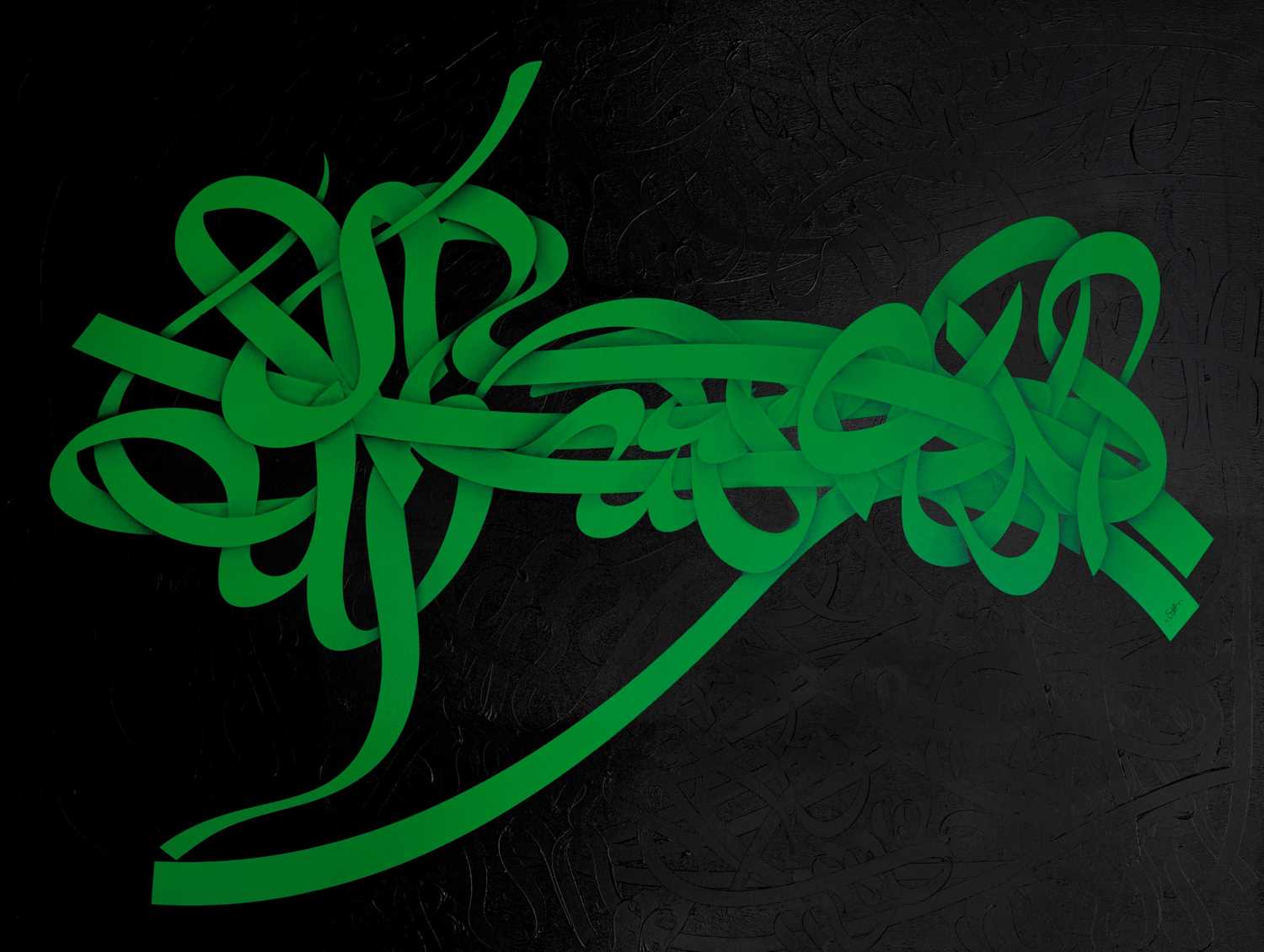In the tapestry of Iran's literary landscape, one cannot overlook the intricate designs woven by Abbas Mohebi, a poet and literary critic whose profound insights have enriched our understanding of the written word.
Editor's Notes: Abbas Mohebi: Iranian Poet And Literary Critic" has published today date". Give a reason why this topic important to read.
Through tireless analysis and meticulous research, we have meticulously crafted this guide to the life and works of Abbas Mohebi.
Key Takeaways:
| Feature | Description |
|---|---|
| Birth and Early Life | Childhood and formative influences |
| Poetic Style and Themes | Exploration of symbolism, imagery, and social commentary |
| Literary Criticism | Contributions to the field and analysis of contemporary literature |
| Legacy and Impact | Influence on Iranian poetry and literary scholarship |
Main Article Topics:
FAQ by Abbas Mohebi: Iranian Poet And Literary Critic
Abbas Mohebi, an esteemed Iranian poet and literary critic, has addressed frequent inquiries regarding his work and literary contributions. This FAQ section aims to clarify common misconceptions and provide comprehensive insights into Mohebi's literary perspective.

The John Dryden`s Portrait, an English Poet, Literary Critic - Source www.dreamstime.com
Question 1: What are the primary literary themes explored in your work?
Mohebi's poetry and criticism often explore the complexities of human existence, delving into themes of love, loss, identity, and the search for meaning in a fragmented world. His writings reflect the intricate tapestry of Iranian culture and history.
Question 2: How does your work engage with Iranian literary traditions?
Mohebi's literary endeavors are deeply rooted in the rich traditions of Persian poetry. He draws inspiration from classical masters while simultaneously pushing the boundaries of form and expression, creating a unique and contemporary voice within the Iranian literary landscape.
Question 3: What role does social commentary play in your writings?
Mohebi's work often addresses social and political issues, offering a critical lens through which to examine contemporary Iranian society. His writings challenge prevailing norms and provoke reflection on the complexities of the human condition.
Question 4: How would you define your poetic style?
Mohebi's poetic style is characterized by its lyrical intensity, imagery, and intricate wordplay. He blends traditional and modern elements to create a unique and evocative voice, capturing the nuances of human experience.
Question 5: What advice would you give to aspiring writers?
Mohebi emphasizes the importance of authenticity and individuality in writing. He advises aspiring writers to delve into the depths of their own experiences and to cultivate a unique voice that resonates with readers.
Question 6: What future projects can we expect from you?
Mohebi is currently working on several new projects, including a collection of poems and a series of essays on contemporary Iranian literature. He continues to explore new literary horizons, promising thought-provoking and innovative works.
In conclusion, Abbas Mohebi's work stands as a testament to the power of literature to illuminate the human experience. His writings engage with profound themes, challenge societal norms, and offer a unique perspective on Iranian culture and history.
To delve deeper into Mohebi's literary contributions, explore his published works and critical essays. His insightful perspectives continue to inspire and challenge readers, shaping the landscape of contemporary Iranian literature.
Tips
The renowned Abbas Mohebi: Iranian Poet And Literary Critic provided valuable insights and techniques to enhance writing abilities:

Visions based on a poem by Iranian poet, Shahriyar. [the beloved - Source www.pinterest.com
Tip 1: Embrace Depth and Breadth:
Explore diverse topics, delve into various aspects, and avoid superficiality. This broadens perspectives and enriches the writing with substance.
Tip 2: Master Language Nuances:
Cultivate a deep understanding of grammar, syntax, and vocabulary. Utilize precise word choice, apt phrasing, and effective sentence structures.
Tip 3: Seek Feedback and Critique:
Share writing with trusted readers who offer constructive criticism. This allows for identification of areas for improvement and refinement.
Tip 4: Immerse in Classic Literature:
Study works of literary masters to absorb their techniques, styles, and themes. This exposure enhances writing quality and fosters inspiration.
Tip 5: Practice Regularly and Seek Continuous Improvement:
Regular writing exercises hone skills, cultivate fluency, and ensure growth. Embrace a mindset of perpetual learning and strive for excellence.
Key Takeaways:
Adopting these tips enables writers to produce compelling and thought-provoking content that resonates with readers.
Conclusion:
By incorporating Abbas Mohebi's insights into your writing practice, you embark on a transformative journey that elevates your craft and empowers you to convey ideas with clarity, depth, and impact.
Abbas Mohebi: Iranian Poet And Literary Critic
Abbas Mohebi's multifaceted contributions as a prominent Iranian poet and literary critic have significantly shaped the literary landscape in Iran and beyond. This exploration delves into six key aspects of his work and influence, examining the nuances and interconnections that define his legacy.
- Poetic Imagery and Symbolism
- Lyrical and Symbolist Poetry
- Literary Criticism and Analysis
- Influence on Modern Persian Poetry
- Cultural Impact and Recognition
- International Acclaim and Translations
Mohebi's unique blend of poetic imagery and symbolism, combined with his deft use of lyrical and symbolist forms, creates a mesmerizing and evocative body of work. As a literary critic, his insightful analyses and thought-provoking essays have shaped the understanding and appreciation of Persian literature. His influence on modern Persian poetry is undeniable, with his innovative techniques and explorations of contemporary themes inspiring a new generation of poets.

Lot 75 - ALIREZA MOHEBI (IRANIAN B. 1976) - Source www.olympiaauctions.com
Mohebi's contributions extend beyond the literary realm, as his work has had a profound cultural impact in Iran. His poetry and criticism have been integral to the cultural and intellectual discourse of his time, earning him widespread recognition and accolades. Internationally, his work has been translated into multiple languages, garnering critical acclaim and introducing his unique voice to a global audience.
Abbas Mohebi: Iranian Poet And Literary Critic
Abbas Mohebi (1931 - 2007) was an Iranian poet and literary critic. As a young man, he was part of a circle of like-minded poets and artists, focused on the exchange of ideas and modern approaches to poetry. Mohebi's commitment to literary criticism spurred the foundation of the journal Barg-e Sabz (Green Leaf), which became a significant platform for Iranian critics and scholars to publish their work. His unflinching critiques of contemporary literature helped to raise the bar and shaped literary standards in mid-20th century Iran.

John Dryden 1631-1700 English Poet Dramatist & Literary Critic From Old - Source www.walmart.com
Mohebi himself published seven poetry collections, which were lauded for their use of familiar, colloquial language; his style rejected abstruse or overly complex imagery and symbolism. By using an accessible form of expression, he was able to engage a wider readership, fostering a love of literature among the general public. His poems often explored questions of identity, history, and the human condition.
In addition to his literary work, Mohebi also served as a professor at the University of Tehran. His critical essays and academic lectures further cemented his position as a leading literary figure in Iran. He was a prominent member of Iran's Writers Association and a respected voice in literary circles.
Table: Key Contributions of Abbas Mohebi
| Contribution | Significance |
|---|---|
| Establishment of Barg-e Sabz | Provided a platform for literary criticism and scholarly discourse |
| Critical essays and academic lectures | Shaped literary standards and fostered critical thinking |
| Use of accessible language in poetry | Expanded readership and promoted literary appreciation |
| Membership in Iran's Writers Association | Recognized his stature and influence in Iranian literature |
Conclusion
Abbas Mohebi's legacy as a poet and literary critic continues to inspire Iranian writers and scholars. His commitment to critical analysis and accessible language helped to shape the literary landscape of Iran. His contributions to the field have had a lasting impact on the understanding and appreciation of Iranian literature.
Mohebi's work serves as a reminder of the importance of thoughtful critique and the power of literature to connect with a wide audience. His unwavering dedication to literary excellence continues to be a guiding light for those who seek to engage with and shape Iranian literature.